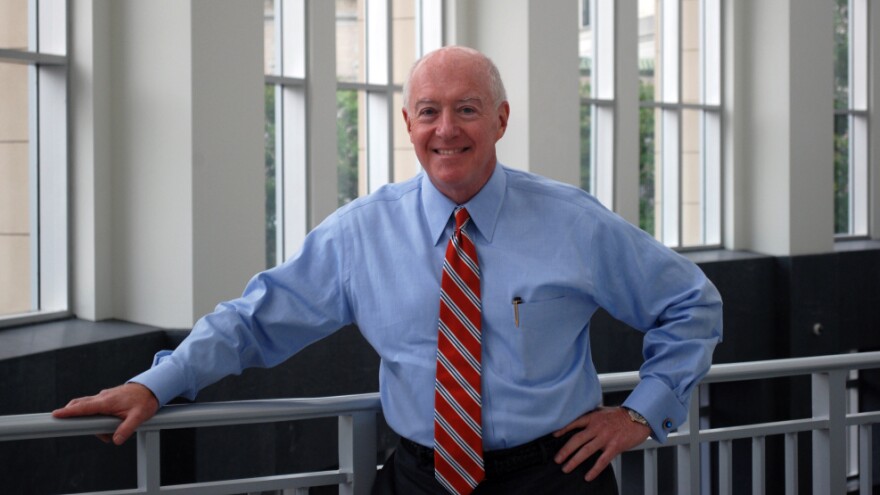Just about everyone agrees that U.S. District Court Judge Henry Hudson's decision to strike down the central tenet of the new health law won’t be the end of the saga.
But Hudson did something no one expected. When he declared unconstitutional the requirement that most people get health insurance, he allowed the rest of the law to remain intact.
And if the Supreme Court agrees with that structure, says Neera Tanden of the Center for American Progress and a former Obama Administration health aide, it "could have the effect of wreaking havoc in the insurance system."
The problem is that without having nearly everyone in the insurance pool, other, more popular requirements in the law simply won't work.
Without the so-called individual mandate to buy insurance, "Insurance rates will dramatically increase because people will wait to get health insurance until they are sick," Tanden said.
Arguably those most directly affected by the judge’s ruling may be the insurance industry itself. If the ruling stands, insurers could still have to accept all sick individuals, but may no longer have the promise of millions of new healthy enrollees to help offset the cost of the sick people it's spent years turning away.
warns that states that have tried to require coverage of those with pre-existing conditions without some sort of mandate for healthy individuals “have seen a rise in insurance premiums, a reduction of individual insurance enrollment and no significant decrease in the number of uninsured.”
Timothy Jost, a law professor at Washington and Lee University, says Judge Hudson fundamentally misunderstood what Congress was trying to do.
“Congress was trying to make private health insurance work,” Jost said. “It would be perfectly constitutional for Congress to make everyone participate in a single-payer system. That decision was made years ago with Social Security and Medicare.” Both of those programs are funded by payroll taxes.
Still, more than 20 lawsuits have been filed against the new health law. So far a dozen have been dismissed by judges. Federal judges in Virginia and in Michigan have upheld the individual mandate.
And on Thursday, the case brought by 20 attorneys general and the National Federation of Independent Business will be up for oral argument in Pensacola.
Judge Hudson's ruling is hardly the final word.
Copyright 2020 NPR. To see more, visit https://www.npr.org. 9(MDAxNDQ2NDAxMDEyNzU2NzM2ODA3ZGI1ZA001))



